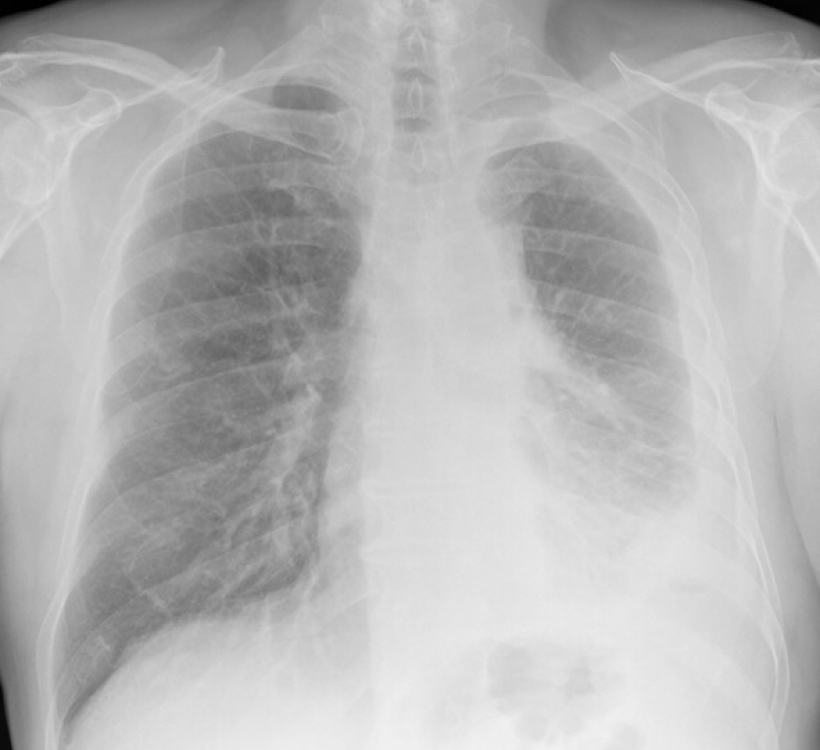
“This is a story about a lack of progress. What we’ve seen is kind of underwhelming, It does go to show that mesothelioma remains a disease with real unmet needs.”
The quote from Dr. Paul Wheatley-Price, associate professor of medicine at the University of Ottawa and thoracic oncologist at The Ottawa Hospital Cancer Centre, is a stunning but perhaps not surprising admission. He co-authored a study that looked back on a specific thirty-year history (1991 – 20019) involving more than 300 pleural mesothelioma and patients suffering from the deadly disease.
The data backs up his assertion.
The most important revelation is the lack of any improvements in survival rates for all forms of mesothelioma. Clinical trials have been hailed as progress. Yet, those diagnosed with pleural mesothelioma, in particular, are not living much longer. Specific data over the past three decades reveal:
- Female mesothelioma patients in particular increased from 11.6 percent to 20. 5 percent
- The average age of women when diagnosed increased from almost 66 years to 77 years
- The median overall survival rate for them increased from only nine to 10 months
Many cite the increases in sarcomatoid – a form of mesothelioma that presents the most challenges in treatment – diagnoses combined with an increased percentage of older patients diagnosed in stage 4 during the third decade studied.
Certain treatments for both men and women were found to be more effective than others:
- Extrapleural pneumonectomy (EPP) surgeries saw a median survival of almost 28 months compared to 9.2 months for those who did not undergo those procedures
- One-year survival rates following EPP surgery were nearly 74 percent, with numbers declining for three-year (43.5 percent) and five-year survival rates (24.2 percent)
- Patients treated with catheters and chemotherapy had a median survival rate of 14.2 months for either treatment
Studies and statistics culled from hundreds of mesothelioma patients may paint a grim picture of survival rates. However, the disease is uniquely personal for those diagnosed and their family members hoping for a cure.














